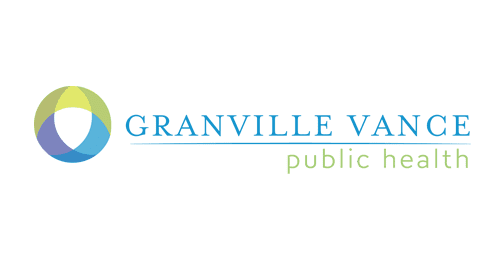August is Breastfeeding Awareness Month and staff from the Granville-Vance Health Department were on Monday’s Town Talk to discuss the services available to new mothers and mothers-to-be through the federally funded program Women, Infants and Children (WIC).
“Breastfeeding is an integral part of our program,” said Lauren Faulkner, WIC director and who is also a certified lactation counselor.
WIC, a federal program administered through the health department, supports at-risk women and children by providing them with resources, nutritional guidance and more.
Faulkner and Savannah Presley, GVPH lactation coordinator and a board-certified lactation consultant, spoke with John C. Rose about the importance of breastfeeding for the health and well-being of mothers and babies.
“We have lots of work to do in Granville and Vance counties,” Faulkner said, referring to the numbers of mothers who continue to breastfeed their babies. About 70 percent of pregnant moms start out breastfeeding, but that number drops to just over 40 percent by the time the baby is six weeks old. It drops to 21 percent for those moms who continue to breastfeed their children at six months of age
There are many reasons for this drop, Presley said. Some moms have to go back to work or school and some moms may not have a strong social or family network, she added. .
There’s also the misconception that formula is an equivalent to breast milk, and Presley said the general lack of knowledge about the benefits of breastfeeding contribute to a lower-than-desired breastfeeding rate.
The American Academy of Pediatrics recommends that new mothers give their babies breastmilk exclusively – no supplementation – for the first six months, and then continue tp breastfeed until the child is one year old.
“Breastfeeding offers many benefits for both the nursing parent and the baby,” Presley said, including a reduction in risk of various chronic diseases like hypertension and diabetes and can burn those extra calories to help women return to their pre-pregnancy weight quicker.
The baby receives antibodies that are critical to ward off health problems from allergies to a range of digestive issues, she said.
“Breast-fed babies tend to be less sick than formula-fed babies,” she said.
It certainly is more economical to breastfeed than it is to buy formula, Presley noted. There’s no need to buy pricey powdered formula, bottles or other paraphernalia.
She said the American Academy of Pediatrics recommends “exclusive breastfeeding – no other supplementation – for the first six months of life, and (to) continue breastfeeding for a year or longer.”
Continuing to breastfeed until a child is two years or older provides additional benefits, she said, including receiving additional protein and immunoglobulin – the stuff that boosts the immune system. The milk composition actually changes over time to provide appropriate nutrients for the growing child.
But moms aren’t the only ones who can feed a baby breast milk. Mothers can pump milk, which allows others to give the baby a bottle. In addition, “skin to skin” contact is critical for a newborn, Presley said. It helps an infant regulate body temperature and heart rate, as well as establishing a bond between mother and child to stimulate milk production.
The colostrum that an infant receives after birth is vital and Presley said that, although it’s in small doses, this “liquid gold” is key to getting a baby off to a healthy start.
All appointments are by phone at this time, because of COVID-19 restrictions.
For more information, contact the WIC department in Vance County at 252.492.
3147, and for Granville County, 919.693.1333.
For complete details and audio click play.
